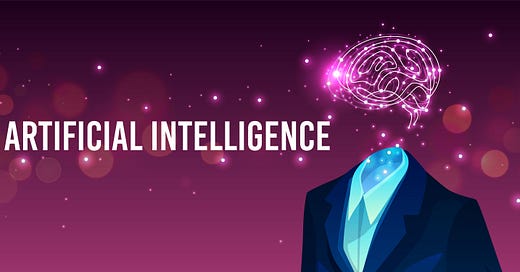Artificial Intelligence for Lawyers
The entry of AI in law will also require lawyers and law students to learn how to use AI tools and software effectively. This means investing in training and education.
The Punjab & Haryana High Court in Chandigarh, India, recently employed an artificial intelligence (AI) chatbot called ChatGPT to assist in a bail case.
The entry of AI into India's legal system presents both challenges and opportunities for law students and lawyers.
On the one hand, AI will make legal research faster, more efficient, and more accurate. This means that lawyers will be able to access vast amounts of legal information quickly and easily, allowing them to build stronger legal arguments and make better decisions.
However, this new technology will also require lawyers and law students to learn how to use AI tools and software effectively. This means investing in training and education, which may be a challenge for some law firms and individual practitioners.
Additionally, the ethical and legal implications of using AI in legal decision-making will need to be addressed, such as ensuring that AI is not perpetuating existing biases in the legal system.
Despite these challenges, the entry of AI into India's legal system is an exciting development. The use of AI in legal research and decision-making has the potential to revolutionize the legal industry, allowing lawyers to work more efficiently and effectively than ever before.
The key will be for law students and lawyers to adapt to the new technologies and embrace the opportunities that AI can offer while also working to ensure that this technology is used ethically and in accordance with legal principles.




